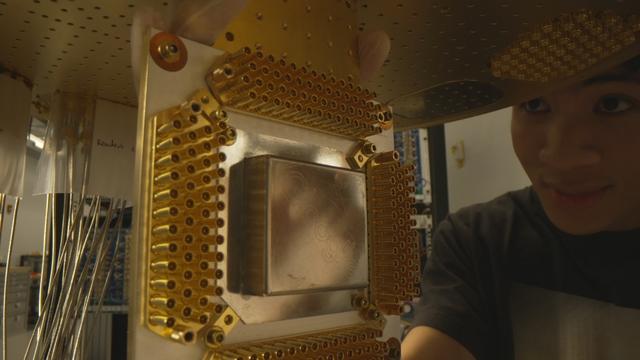In "The Hitchhiker's Guide to the Galaxy" by Douglas Adams, the ultimate question of life, the universe, and everything is famously revealed to be "What is the meaning of life, the universe, and everything?" The answer, as calculated by the supercomputer Deep Thought, is 42, though the actual question is never known.
When it comes to quantum computers and problem-solving, there are interesting parallels that can be drawn. Quantum computers leverage the principles of quantum mechanics to perform certain computations much more efficiently than classical computers. While they excel at specific types of problems, their application is not universal and depends on the nature of the problem being addressed.
In the context of the Hitchhiker's Guide to the Galaxy, one could draw a parallel between the ultimate question and the challenges that quantum computers are uniquely positioned to solve. Quantum computers are particularly adept at solving complex optimization problems, simulating quantum systems, and factoring large numbers—tasks that would take classical computers an impractical amount of time.
Just as the ultimate question in the Hitchhiker's Guide remained elusive, there are still challenges and limitations to the full realization of quantum computing. The field is continually evolving, and researchers are working to harness the potential of quantum computers for a broader range of problems.
In essence, the connection lies in the idea that both the ultimate question and quantum computing represent a quest for understanding and unlocking the mysteries of the universe—whether that's the meaning of life or the efficient solution to complex problems through advanced computational methods.

No comments:
Post a Comment